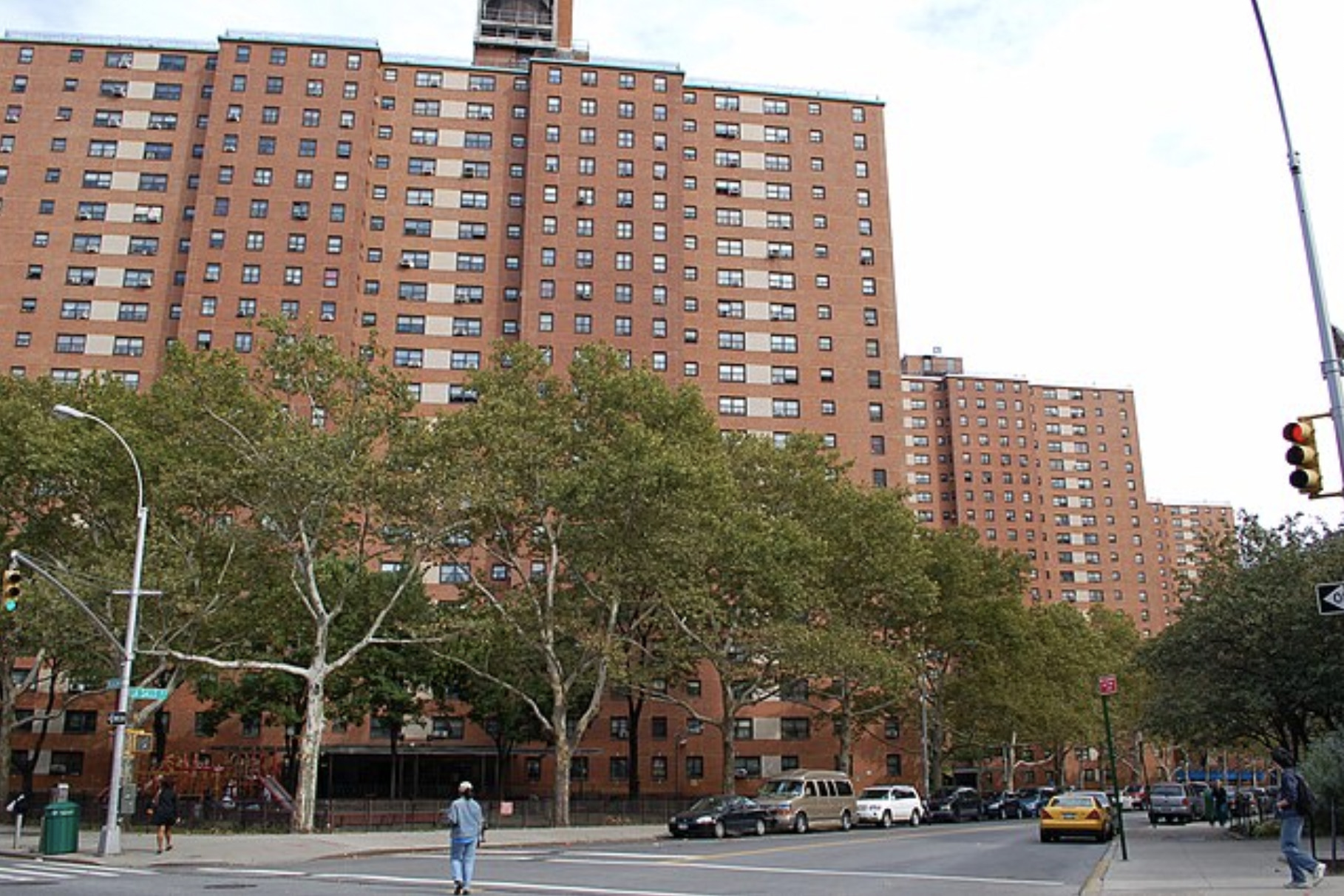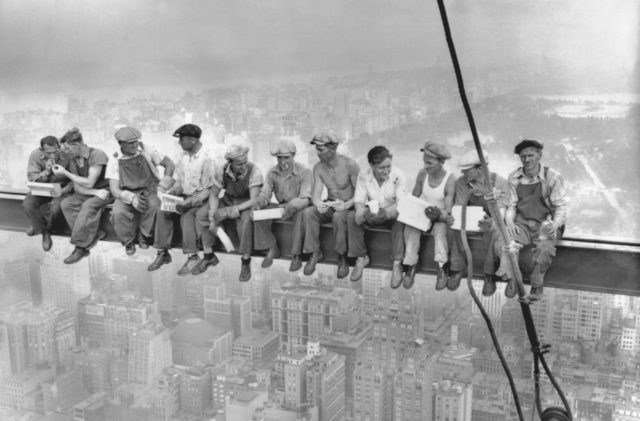A recap on the Gentrification Debate with Michael Greenberg and Dr. Lance Freeman by Camille Mori
As many NYU Wagner students move to New York City for graduate school, we are faced with the search for an apartment and the cutthroat process of finding an affordable place to live. Students often end up in gentrifying neighborhoods, because the price of living closer to NYU is just too high. The uncomfortable feeling of displacing families and changing the community culture has led us to ask questions like: Should the government stop gentrification? How should communities react to these newcomers to their neighborhoods? What kind of role should we expect our government to play as the city continues to grow and affordable housing moves farther away?
This past fall NYU Wagner and The Century Foundation hosted a debate, part of their Debates of the Century series, to address these questions. The debate sold out faster than any other in the series. The room was packed to hear Michael Greenberg and Dr. Lance Freeman argue their positions. An author and columnist, Michael Greenberg argued for the resolution while Dr. Lance Freeman, a Columbia professor of urban planning, argued against the resolution. Alana Samuels of The Atlantic served as the moderator.
The debate started with half of the audience agreeing with Greenberg, favoring government action to stop gentrification; a quarter said the government shouldn’t stop gentrification and a quarter was left undecided. Starting out behind, Freeman would need to sway the audience to his side.
Greenberg opened the debate by claiming that “without stable housing it’s almost impossible to build a stable existence.†He continued to argue that the very people being pushed out by gentrification are the ones that built New York in the first place. Without them, we wouldn’t have the dynamic and diverse communities that comprise New York City. He further stressed the importance of building low-income housing in gentrifying neighborhoods in order to avoid mass displacement of working-class people.
On the other side of the argument, Freeman claimed that while the government shouldn’t stop gentrification, it should address challenges the communities face as a result of changing demographics. He argued community organizations need to come together and collaborate with newcomers to build a community they all want to call home. Freeman’s main point was that “gentrification is not always the result of human design, it’s a result of human demographic changes.†He suggested that gentrification is a natural shift in human demographics, that neighborhoods are constantly changing, and that people will move on to find opportunities elsewhere.
Freeman kept consistent messaging throughout the debate while Greenberg leaned on nostalgia and anecdotes, interspersed with data on the cost of living in New York City. Although they differed on the foundation of their platforms, there was overlap between the two. Both sides agreed on the need for more low-income housing in quickly gentrifying neighborhoods, and that communities need to work together to find solutions on how to avoid losing their culture and traditions.
A statement in Greenberg’s opening remarks sums up the root of his argument: “The real question is: should government protect hard-working, low-wage Americans from being kicked out of their homes?†Throughout the debate, however, he did not seem to persuade the audience that the government should protect these workers. Although he threw out suggestions of how the government needs to step in, such as a sales tax to pay for low-income housing, closing loopholes to protect tenants, and more intervention from the Mayor, he ultimately did not convince the audience of the need to prioritize the protection of these working-class Americans.
On the other side, Freeman offered an alternative that seemed more satisfying to the crowd: that these workers were better off moving to new towns and cities to pursue new opportunities and lead fulfilling lives. Furthermore, he argued that because of rent regulation, home ownership, and low-income housing, some people are able to stay in rapidly gentrifying communities. Although he was against the resolution, he did not argue for full government disengagement, and in fact advocated for the government to step in to alleviate challenges faced by local residents.
Freeman also hailed the positive influences of gentrification, painting a picture of better local grocery stores, more retail choices and focused attention from public services. This positive emphasis, coupled with his argument that governments and communities should collaborate in addressing challenges for long-term residents, seems to have won him many supporters in the audience. The post debate poll showed that 47% of the audience now felt that no, the government should not stop gentrification, while 33% said it should and 21% remained undecided. Freeman’s argument convinced quite few people in the crowd, and served as a reminder of the value of these public debates: through reason, facts and argument, we can find common ground and chart a positive course forward.




